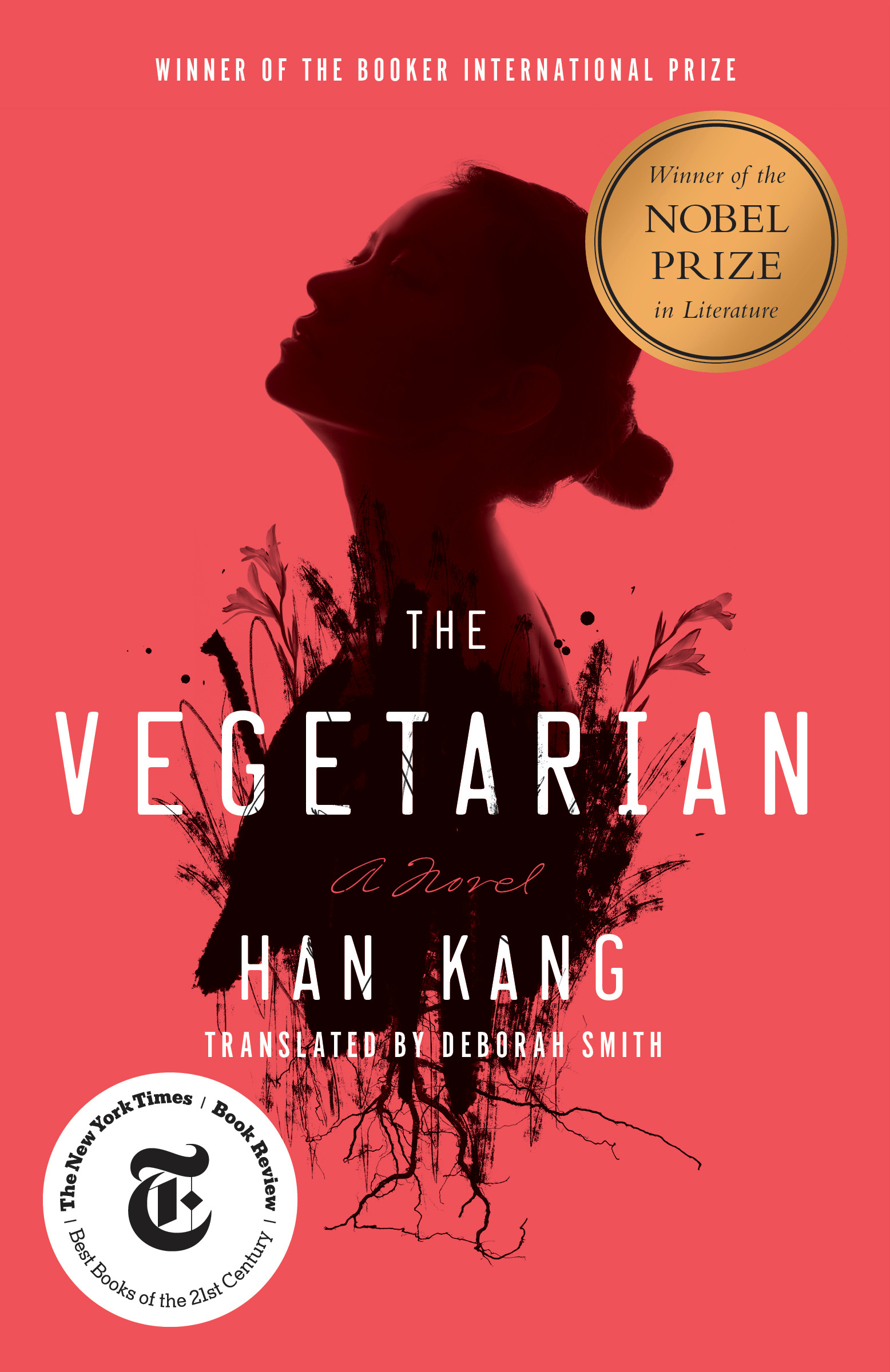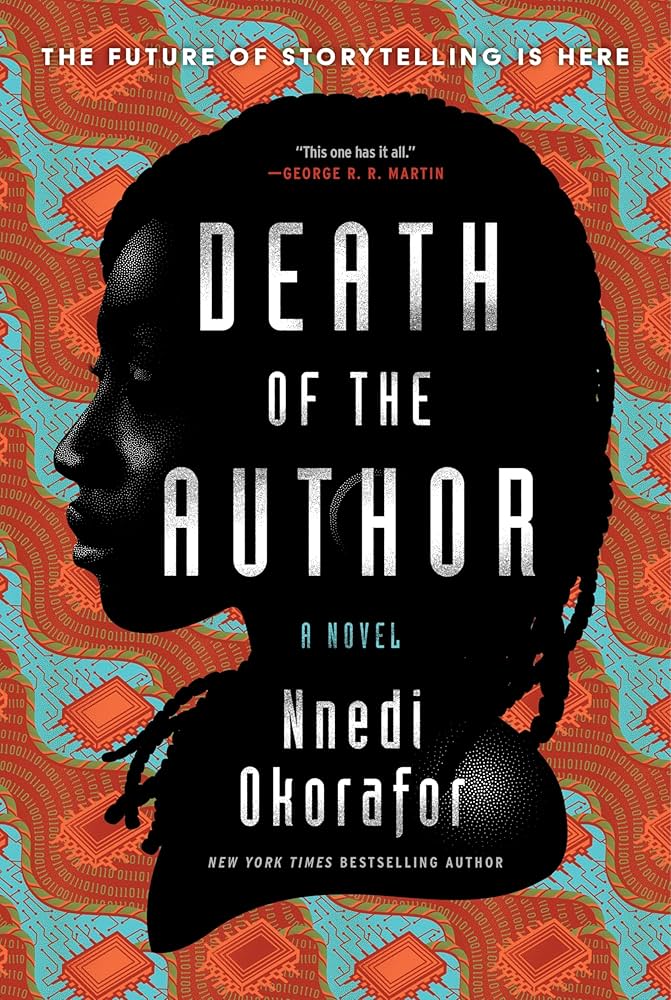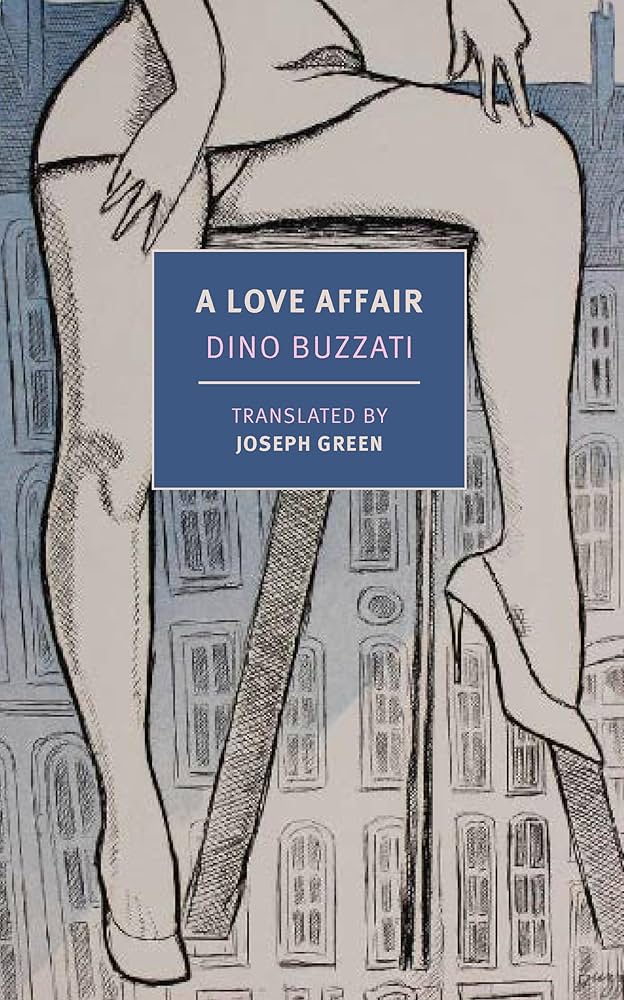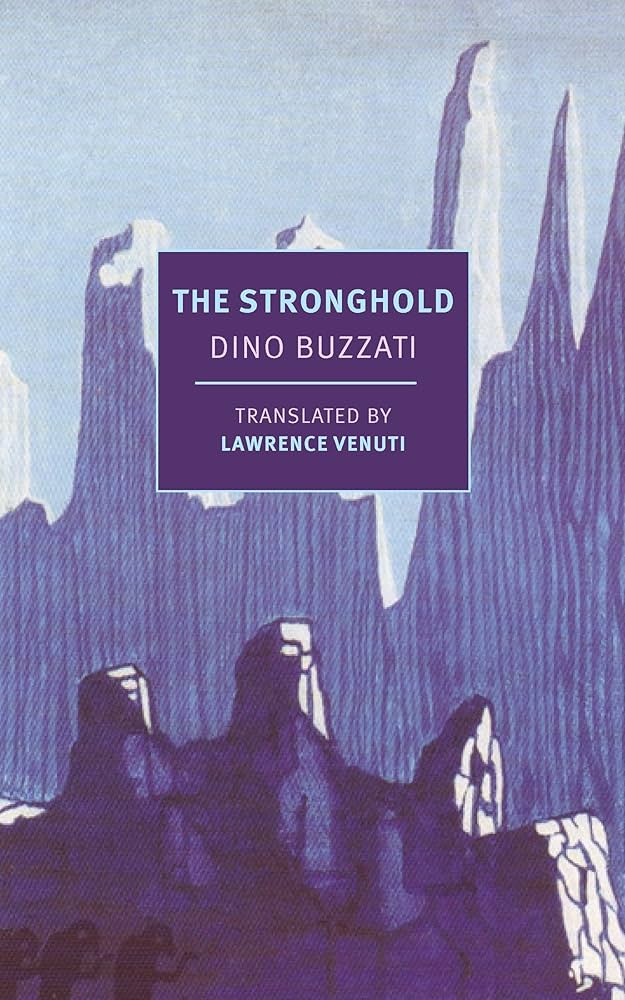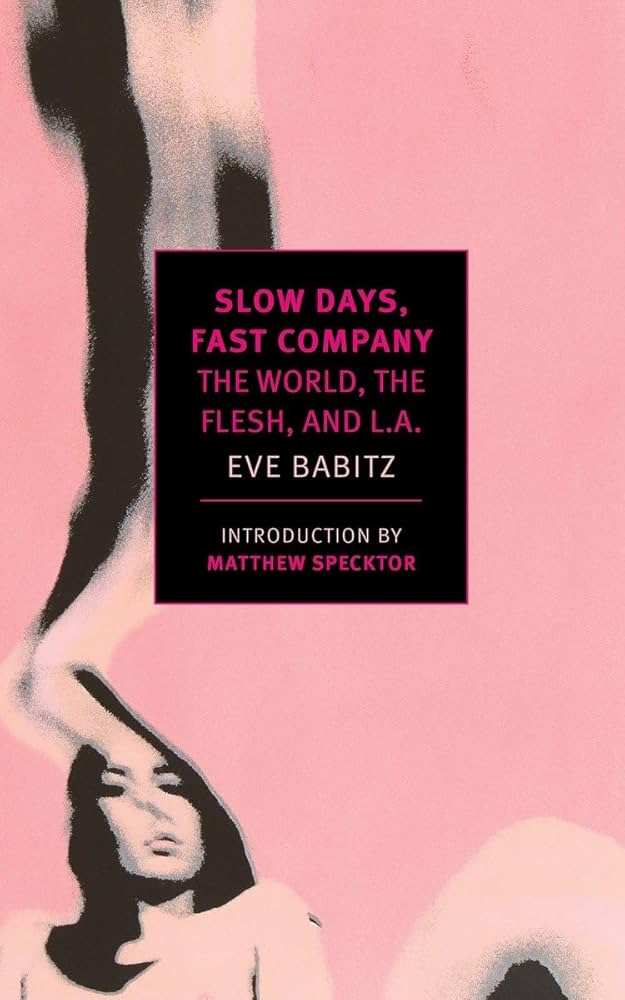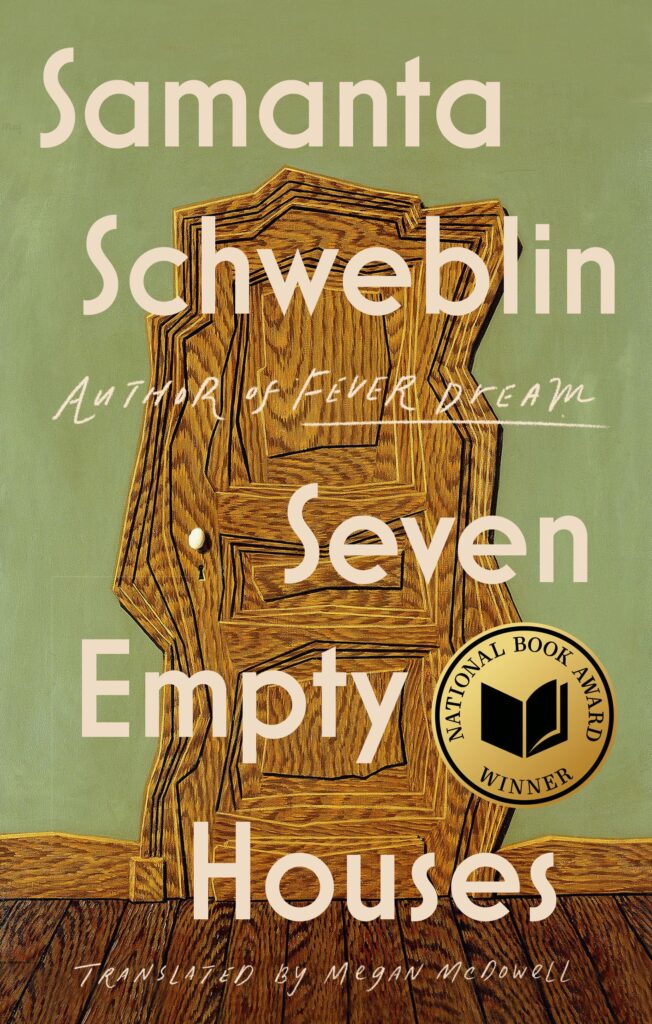Han Kang‘s The Vegetarian is a beast of a book. It’s been more than a week since I finished it, and it’s only become more impactful over that time. There is so much that I want to talk about but I’m kind of reticent to start, because the book goes so deep.
There are a few ways to interpret this book, and none of them have much to do with dietary restrictions. This book is about trauma, families and personal agency.
It’s the story of a woman who suddenly stops eating meat because of some upsetting dreams. The three parts of the story are told from the perspective of her husband, brother-in-law and sister, respectively.
From this review in the Guardian:
Across the three parts, we are pressed up against a society’s most inflexible structures – expectations of behaviour, the workings of institutions – and we watch them fail one by one. The novel repeatedly shows the frictions between huge passion and chilling detachment, between desires that are fed and those that are denied. With such violence in these characters’ internal worlds, and such a maddening external impassiveness, those inner passions are bound to break out somehow, and it won’t be pretty.
It’s loaded with upsetting content – disordered eating, self-harm, sexual assault and various types of physical violence. There is also a fair amount of gore as we read about Yeong-hye’s dreams.
The narrative decision to tell Yeong-hye’s story through three perspectives that aren’t her own is a brave one. Each of the narrators sees a different side of her: her husband sees her as ” completely unremarkable in every way”, her sister’s husband fetishises her and tries to construct a scenario where they have sex, and her sister knows all the family secrets.
The problem with these characters is that none of them understand a thing about Yeong-hye. They project their own assumptions, desires and judgements on her. We learn a lot more about the narrators than about Yeong-hye, and that’s part of the broader message of The Vegetarian.
To say more would be to spoil the book. Suffice to say that for more than a week after reading it, I’ve been haunted by the ideas and images in this book.

